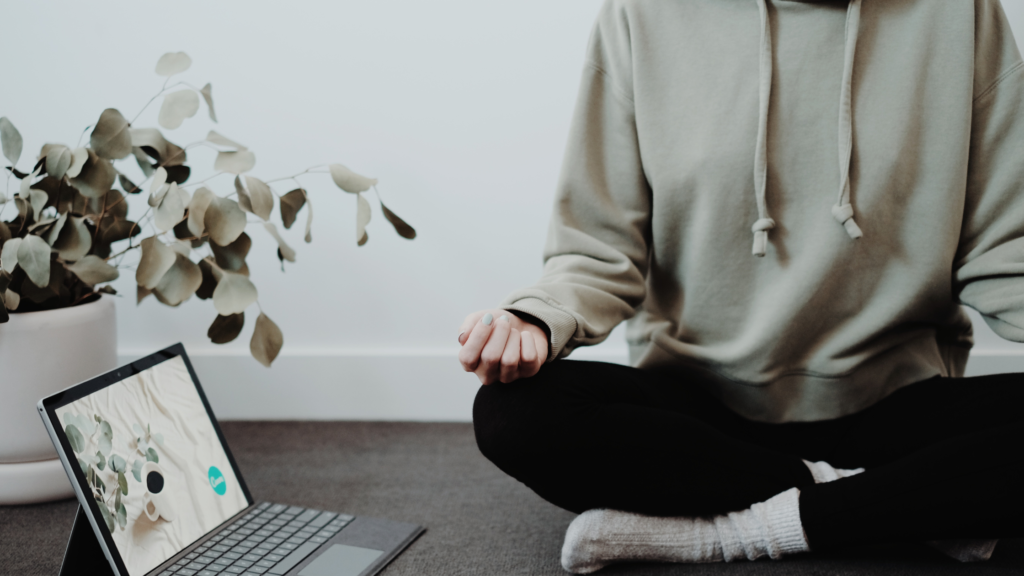

Are you looking at 2020 wondering how you will implement changes to your health goals? Feeling overwhelmed already? This year look to simplify changes by making small tweaks in your current routines and add little increments to your health behaviors for maximum success.
I have spent countless hours with people who are looking to find meaning in their lives.
For some, life has thrown a curve ball. Something they did not expect or want. For others they’ve reached the goal they’ve been after and suddenly realize they have nothing to focus on now.
Many think they’ll be happy when they finally reach their goal. Others when they have enough money, or maybe it’s when people say I’m good enough.
But these aren’t it.
Have you been feeling stagnant and stuck lately?
Sometimes, we all need to change things up to feel motivated again – especially when we’ve spent the last year coping with a worldwide pandemic.



